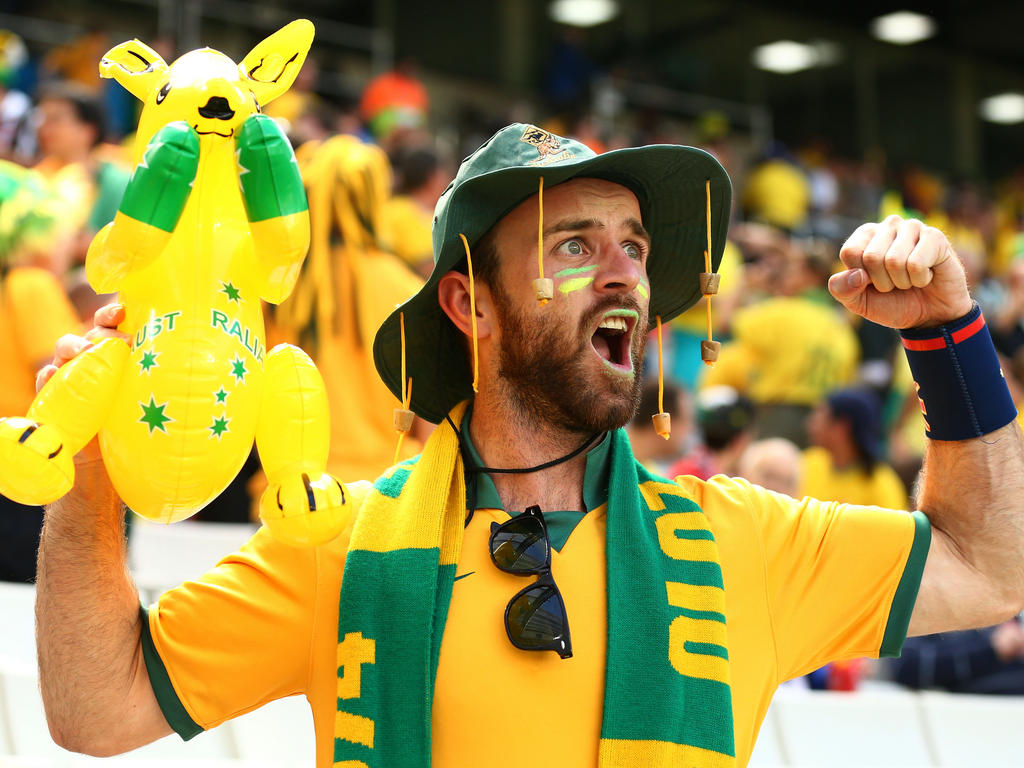Aussies seek alchemist's touch to replace lost gold

With their "golden generation" having vanished into the sunset, Asian Cup hosts Australia need a sharp reversal of fortunes if they are to win their first Asian Cup.
The Socceroos, once feared for their potent mixture of raw grit and attacking flair, won just once in 11 matches last year and coach Ange Postecoglou, who has largely ditched the old guard, will be under intense pressure to stop the rot with a convincing win over Kuwait in their Melbourne opener on January 9.
He must also find an alchemist's touch -- or at least a quick fix -- as a team once blessed with gifted performers such as Harry Kewell, Mark Viduka, Mark Schwarzer and Lucas Neill lacks the explosive creativity of former incarnations, despite being the most physically imposing team at the Asian Cup.
Australia, who also face Oman and Asian powerhouse South Korea in Group A, were unfortunate to lose 1-0 to Japan in the 2011 final in Doha, their team of superstars left shattered by Tadanari Lee's extra-time cracker.
Luck deserted the Aussies again at last year's World Cup, when their new-look side crashed out with three defeats, despite the odd flash of magic, Tim Cahill's stunning volley against the Netherlands in particular.
But Cahill, for so long Australia's talisman, will need his supporting cast to step up -- and for the tinkering Postecoglou to plug the team's leaky defence.
Captain Mile Jedinak has consistently shown his quality for English Premier League club Crystal Palace, but with the side in a period of transition, the danger exists they could come unstuck at the business end of the tournament.
Australia's lack of cutting edge was exposed in a 2-1 defeat by Japan in an away friendly last November, when a late Cahill header failed to paper over the cracks.
A far cry from their heyday under Dutchman Guus Hiddink, who steered them past Japan and into the last 16 of the 2006 World Cup in Germany, the Socceroos will bank on fervent home support to give them the edge in Asia's showpiece competition.
Australia defected from the Oceania region to join the Asian Football Confederation nine years ago in search of more challenging competition and the opportunity to qualify directly for World Cups, a move that has paid dividends.
Now they will hope to join Western Sydney Wanderers, surprise winners of last year's AFC Champions League, by being crowned kings of their adopted continent.






